Work and Life: Is Balance Really the Goal?
My maternity leave is coming to an end.
And, even though I've (mostly) worked through it, making myself available for key meetings and calls, I admit to being a little daunted at the prospect of juggling full-time work and full-time mothering.
Work is a necessity. As a single parent and the only breadwinner in our little family, I don't have the luxury of staying at home. But, like for many of us, work is also one of my happy places, where I feel valued, contribute and make a difference. Work is a large part of my identity, shaping how I view myself and my place in the world. And I really enjoy it.
But, there's now a tiny human in my life, who has completely taken over my heart. A human who needs time, love, and nurturing to unlock his true potential. And I love that too.
So, how do I balance two competing forces that both demand my all? How do I continue to give my best to my work and my family? And, how do I ensure that I don't fail anyone – my team, my son, or myself?
Speaking to other working parents, I know I'm not alone.
Many have shared their stories, from dealing with tiny, crestfallen faces when they miss dinner/ sports days or the school play (again!) to tales of missed deadlines and Skype calls that go awry when children intervene. Who can forget the sight of Professor Robert Kelly's wife scrambling to remove their children from the room where his BBC interview was taking place?
The dilemma of how to give your best in both spaces is a challenge that we all face – and, luckily, one that many are willing to share insight on.
As I return to full-time work, I'm trying to incorporate these sage bits of advice into my own life…
Imbalance is unavoidable…
I've been told that one of the ways to deal with it effectively is to shift your mindset away from 'all or nothing. Understand that achieving balance isn't about keeping all aspects of your life in equal proportion – like a tightrope. It's more like a see-saw – when one end is up, the other is down. So, rather than trying to balance my life daily, I'm going to try to ensure that, in the longer term, each part of my life gets a turn to be 'up' for a bit.
Focus on what's important…
While many things will compete for my time, I should only do those that are important to me. This means that I will have to track my time – and edit, delegate or discard the extraneous.
Get up early. Do more in a lunch hour. Work after the children is in bed. There are many ways to squeeze productive time into a day. Learn to say 'no'. Don't volunteer for the PTA or serve on (another) work committee. I know that, if I stop doing things out of guilt, I will open up opportunities for activities that bring me joy.
Ditch the guilt…
No one is perfect. I know that I can't do it all. Something has to give. I will miss soccer games, meetings or deadlines. As long as I've chosen to do the most important thing at that moment, I'm going to try to ditch the guilt.
Rely on others...
Build teams at home and at work.
At work, lighten your workload by giving others the opportunity to be successful. Delegate – and, if you can't – collaborate. You'll still get credit but won't have to work as hard.
Build your support structure at home. Find a good nanny, let grandparents help out (if possible), and rope in friends (if you can). I know that it's important to feel comfortable that my child is well-cared for while I'm working – and good support is the only way to achieve this.
Plan (everything)…
Some of my friends set up weekly or monthly meal plans. Many fill 'gift drawers' so that they don't have to rush out to buy last-minute party gifts. Most use online shopping for basics. The common thread in all of these life hacks is planning. As a working parent, I know that I need to plan my time like a military operation – so that I can show up and be present to my team, even when I have a sick child at home or have had no sleep.
Aim for work/ life satisfaction…
Perhaps the most powerful insight that I've received is that, if we really explore what makes us happy, we often realize that it's not about finding balance. Rather, we're looking to be satisfied in both our personal and professional lives. Satisfaction comes from finding a way to shift the balance from work to home (and back) seamlessly.
For some, that might mean negotiating flexibility at work to spend more time at home. For others, it could mean setting boundaries and learning to say no. For most, it's about prioritizing self-care. I'm taking time to find out what work/ life satisfaction means to me – and am hoping that, if I know what it is, I'll be more likely to spot the red flags and readjust, when necessary.
And so, I'm heading back to work. I'm hoping that, with time, I will find my own personal work/ life satisfaction. I wish it for you too.
'It's not wrong to be passionate about your career. When you love what you do, you bring that stimulation back to y










